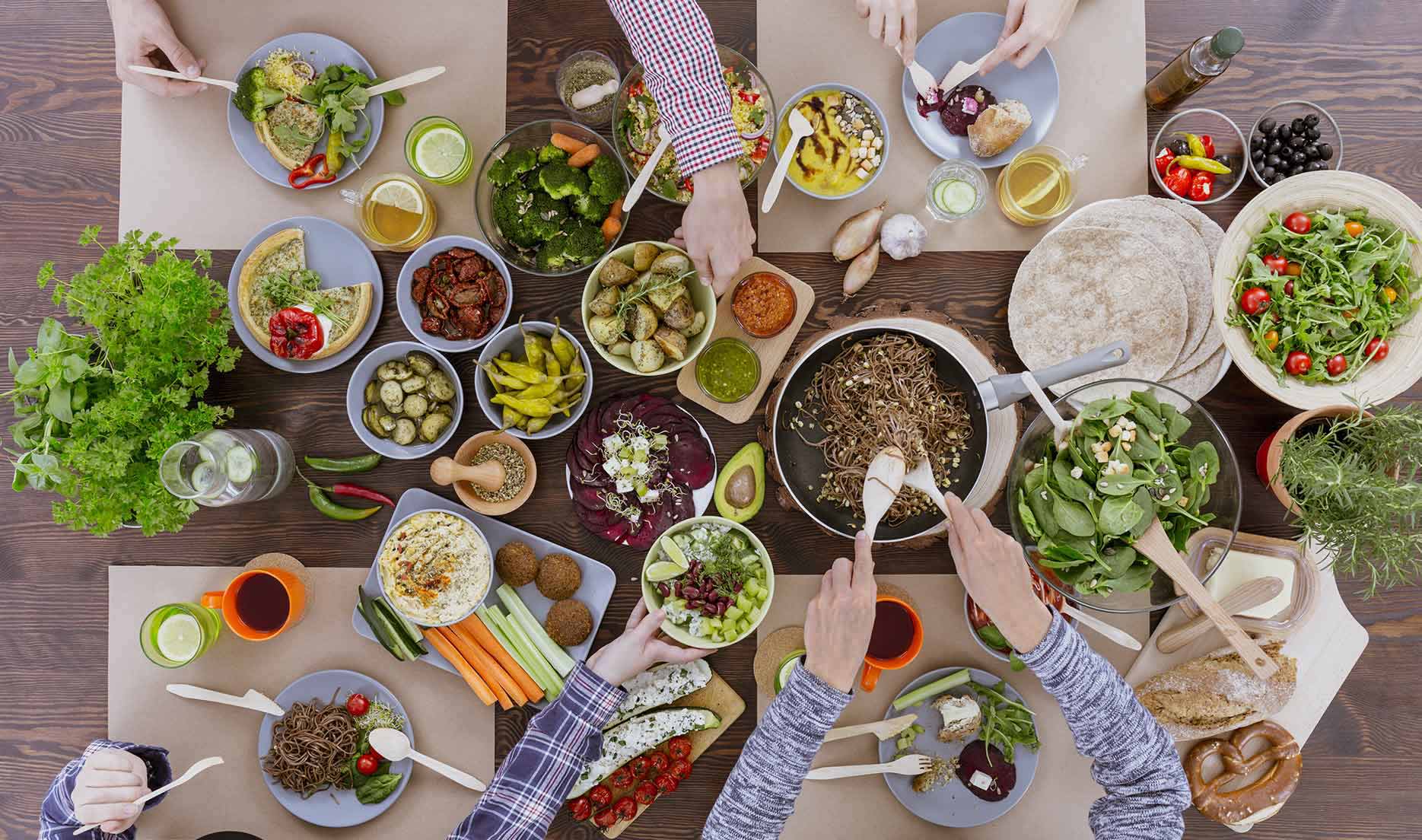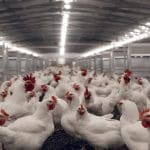Switching to a plant-based lifestyle can seem like a challenge, but it’s not just about willpower. From tackling cravings for familiar flavours and textures to navigating social situations and finding convenient alternatives, the process involves more than sheer determination. This article breaks down the practical steps, tools, and support systems that can help you transition smoothly—making plant-based eating less of a struggle and more of an achievable change
The idea of giving up animal products can seem daunting to many people. For some, the question of willpower looms large: Is it really necessary to have a superhuman level of determination to make this transition? Let’s explore this question and see how much willpower is genuinely required to move away from animal-based foods.
Understanding the Challenge
Giving up animal products involves more than just a dietary change; it’s often a significant lifestyle adjustment. For many people, the transition to a plant-based diet raises a number of concerns, including flavor, texture, convenience, and social situations. Additionally, the addictive nature of certain animal products, particularly cheese, can make the switch seem even more daunting. But is the challenge of giving up animal products purely a matter of willpower?

One of the primary obstacles people face when transitioning away from animal products is the concern over flavor and texture. Animal products like meat and dairy are known for their distinctive tastes and satisfying textures. Vegan alternatives have come a long way, but finding substitutes that match the sensory experience of their animal-based counterparts can be challenging. While some people quickly adapt to new flavors, others might find it requires patience and experimentation to discover plant-based options that satisfy their cravings.
Convenience is another significant factor. Animal-based products are often readily available and familiar, whereas vegan options might not be as accessible, especially in certain regions or dining situations. This can make meal planning and grocery shopping more complex. However, as plant-based eating becomes more mainstream, many grocery stores and restaurants are increasing their offerings. Preparing a few go-to vegan recipes and planning meals in advance can help overcome these convenience challenges.
Social dynamics can also play a role in the difficulty of giving up animal products. Social gatherings, family meals, and dining out often revolve around traditional animal-based dishes. This can lead to feelings of isolation or discomfort. Open communication with friends and family about dietary choices, suggesting plant-based alternatives, and hosting your own gatherings with delicious vegan options can help navigate these social challenges.
The addictive nature of certain animal products, particularly cheese, adds another layer of complexity. Cheese contains casein, a protein that breaks down into casomorphins during digestion. These compounds can bind to the brain’s opioid receptors, leading to cravings similar to those experienced with addictive substances. Understanding that these cravings are chemically driven can help explain why some people might struggle more than others when eliminating animal products from their diet.
While willpower is undoubtedly important in making dietary changes, it is not the only factor. The challenges associated with giving up animal products involve a combination of sensory preferences, convenience issues, social dynamics, and biological factors. Relying solely on willpower may not be the most effective approach. Instead, addressing these challenges through practical strategies—such as finding satisfying plant-based alternatives, planning for convenience, seeking support, and understanding the nature of cravings—can make the transition smoother and more manageable.
Ultimately, the process of giving up animal products is less about sheer willpower and more about a thoughtful and well-supported transition. By preparing for the challenges and leveraging available resources and strategies, individuals can navigate this lifestyle change with greater ease and confidence.

Support Systems and Tools
Relying solely on willpower can be exhausting and may not always yield the best results. Fortunately, there are numerous tools and strategies available that can significantly ease the transition to a plant-based diet. By utilizing these resources, you can make the shift more manageable and less dependent on sheer determination.
Education plays a crucial role in supporting dietary changes. Understanding the benefits of a plant-based diet—from improved health outcomes to environmental and ethical considerations—can provide a strong foundation for your decision. Education helps you grasp how reducing or eliminating animal products can positively impact not only your personal well-being but also the broader ecosystem and animal welfare. When you are well-informed about the reasons behind your dietary choices, the motivation to stick with them becomes more intrinsic and less reliant on willpower alone.
Food substitutes are another vital aspect of transitioning to a plant-based diet. The modern market offers an extensive array of plant-based products that are designed to replicate the flavors and textures of traditional animal-based foods. From dairy-free cheeses and creamy plant-based yogurts to meat alternatives like burgers and sausages, these substitutes can help bridge the gap between your old and new eating habits. Discovering plant-based products that you genuinely enjoy can make the transition smoother and more enjoyable, reducing the likelihood of feeling deprived or frustrated.
Support networks can provide invaluable assistance throughout your journey. Engaging with vegan communities, whether through online forums, social media groups, or local meet-ups, can offer a wealth of resources, including recipes, cooking tips, and emotional support. Connecting with others who share similar dietary goals can foster a sense of camaraderie and accountability. These networks can also be a source of encouragement during challenging times and can help you stay motivated by sharing success stories and practical advice.
Gradual changes often make the transition to a plant-based diet more manageable. For some, starting with a few plant-based meals a week and progressively increasing the number of vegan options can ease the adjustment period. This approach allows you to acclimate to new foods and flavors at a comfortable pace, reducing the pressure of an abrupt switch. By making incremental changes, you can gradually build new habits and incorporate plant-based eating into your lifestyle without feeling overwhelmed.
Overall, utilizing these support systems and tools can significantly enhance your experience and ease the transition to a plant-based diet. By educating yourself, exploring food substitutes, engaging with supportive communities, and adopting gradual changes, you can navigate this shift with greater confidence and less reliance on willpower alone.
Long-Term Sustainability
As you become more accustomed to a plant-based diet, the reliance on willpower often diminishes. Here’s why:
Habit Formation: Over time, plant-based eating becomes a new habit. The initial effort required to change your diet becomes less burdensome as new routines take hold.
Increased Satisfaction: As you discover delicious vegan foods and recipes, the satisfaction you derive from your diet can outweigh any initial cravings or difficulties.
Ethical Alignment: For many, the ethical considerations of avoiding animal products become a strong motivator that goes beyond willpower. This deeper motivation can make the commitment feel more natural and less of a struggle.
Conclusion
While willpower plays a role in giving up animal products, it’s not the only factor. The transition can be supported by education, available resources, gradual changes, and a strong sense of purpose. As you adapt to a plant-based lifestyle, the need for willpower often decreases, replaced by new habits, increased satisfaction, and alignment with your values.
So, if you’re contemplating making the switch, remember that while willpower might kickstart your journey, the tools and support systems available can significantly ease the process. In time, what once felt like a struggle may become second nature, proving that the power of change lies not just in willpower, but in preparation and persistence.
3.2/5 - (17 votes)



